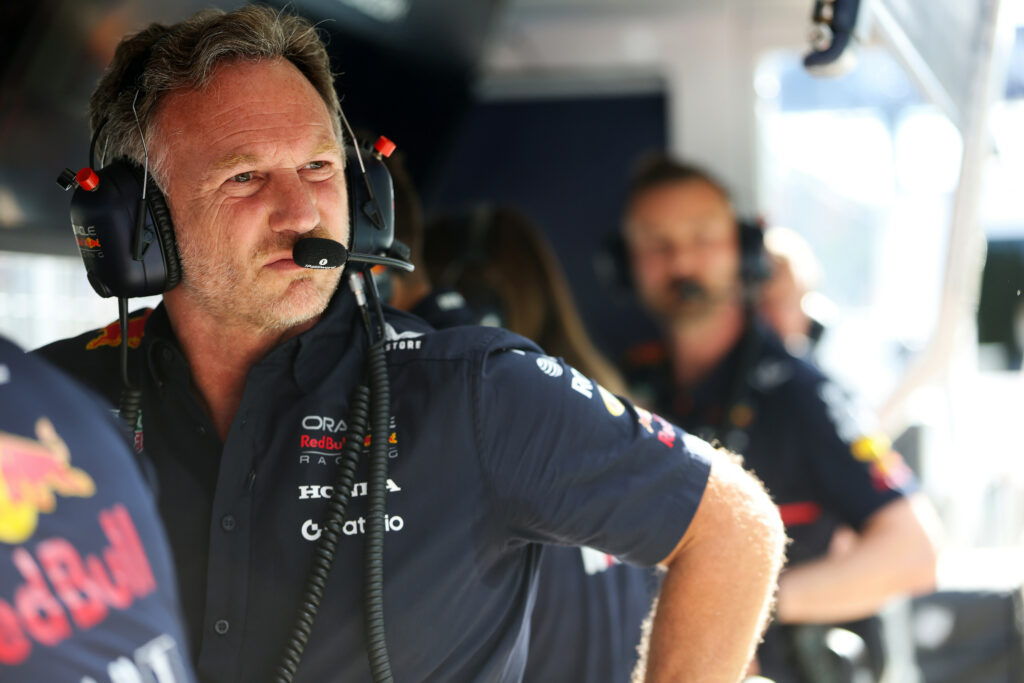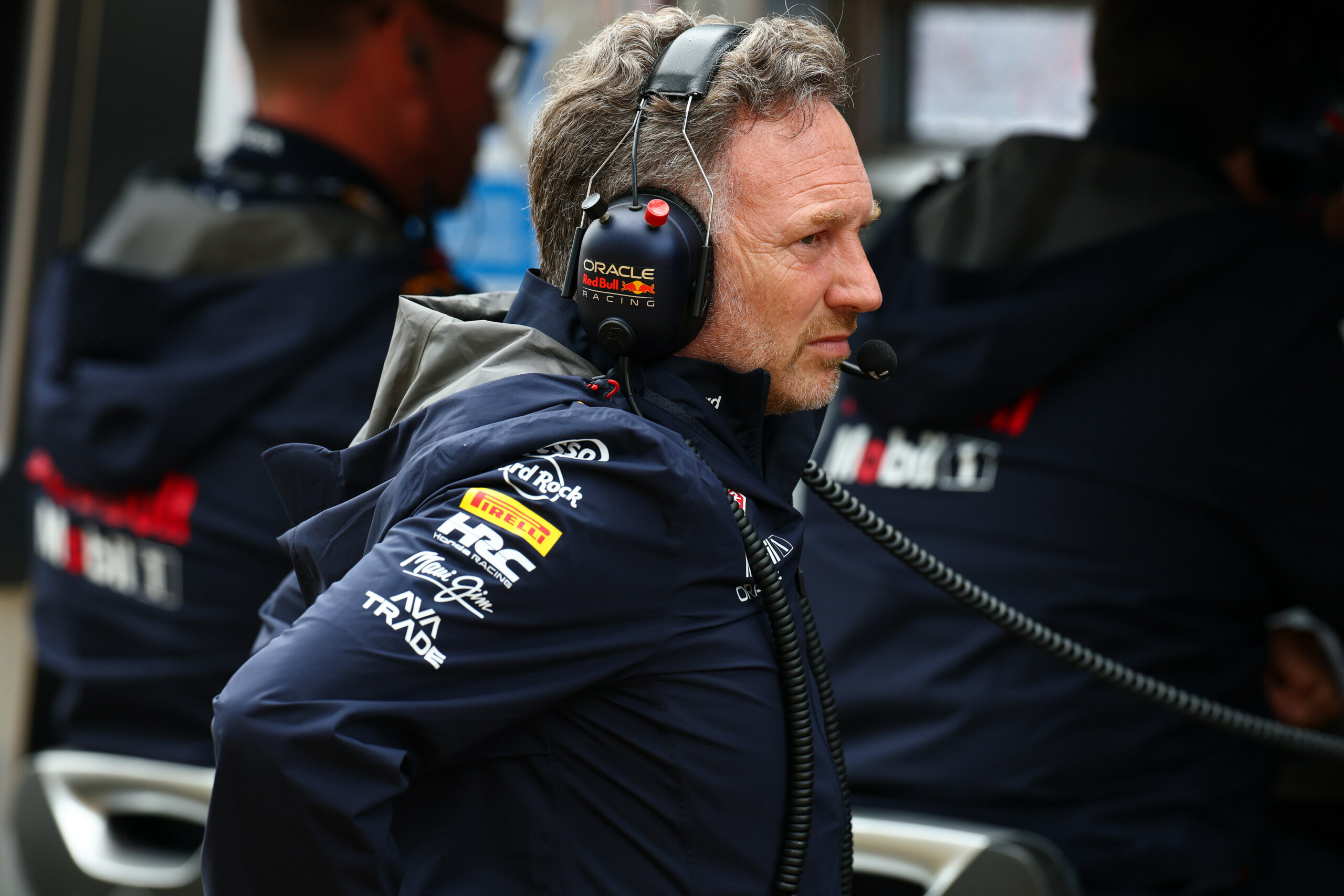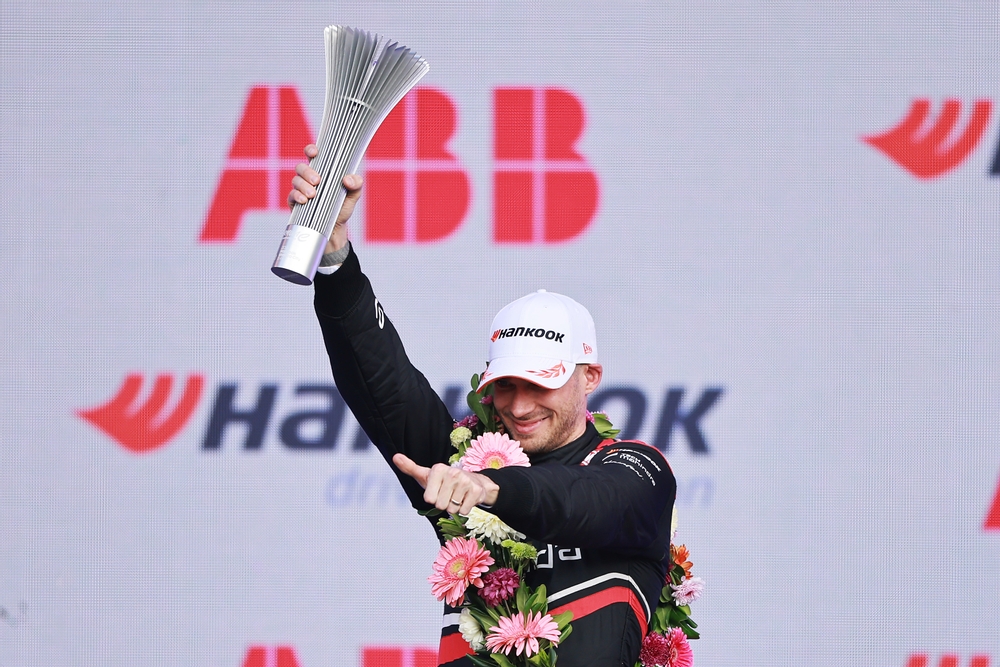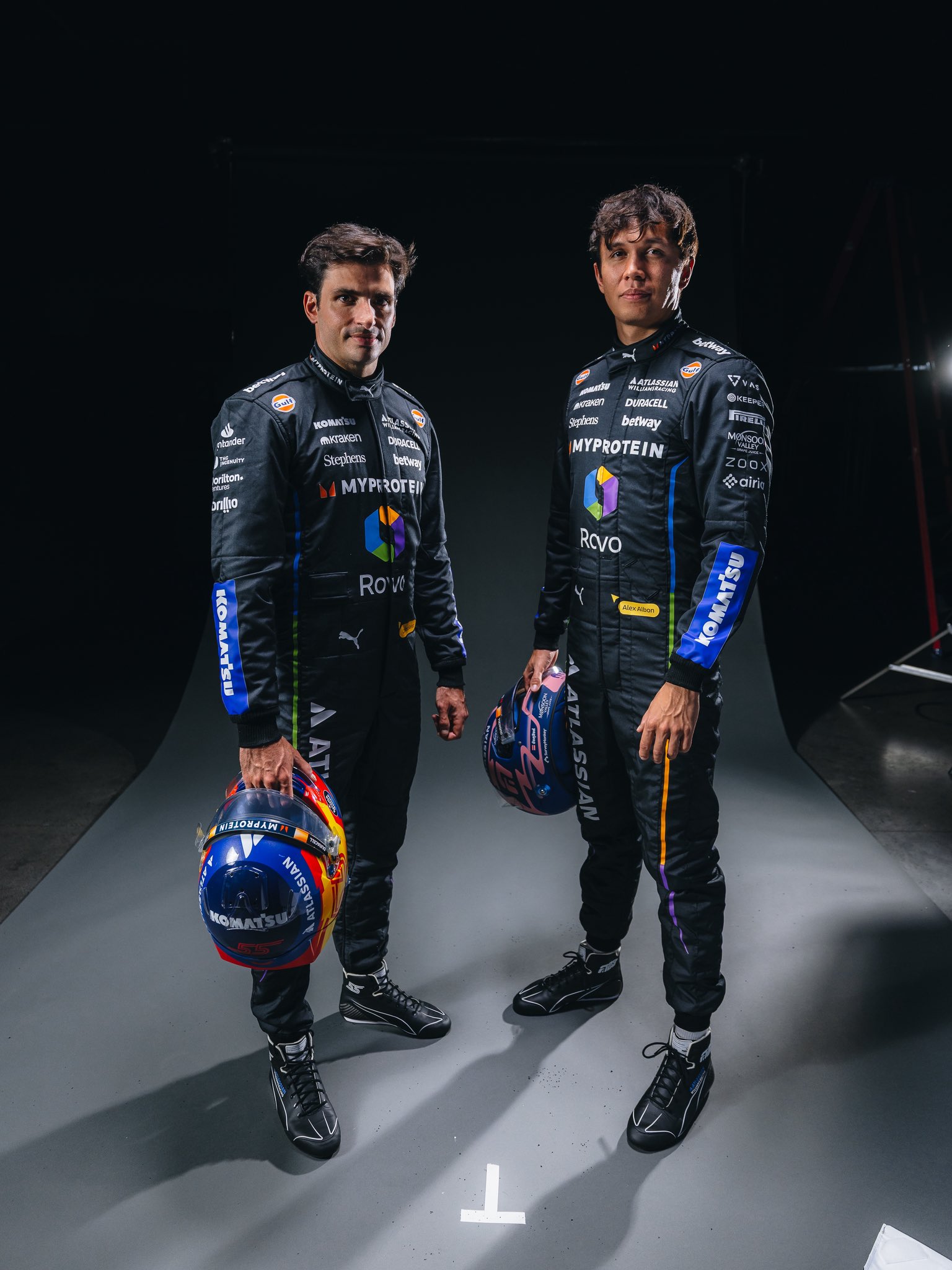The reveal of a key legal document, which details the end of Chalerm Yoovidhya’s decades-long personal shareholding in Red Bull GmbH, has offered further insight into Christian Horner’s shock dismissal from the F1 team. With Mark Mateschitz’s stake now equalling that of the Yoovidhya family, the ownership structure of Red Bull Racing’s parent company has fundamentally changed.
Fortune reports that Yoovidhya transferred his personal 2% stake to Fides Trustees SA, a Geneva-based trust company, on May 20. The Austrian regulatory filing was published to the corporate registry on Monday.
The website of Fides Trustees depicts it as an independent trust company that provides professional trustee and corporate services. With clients being predominantly “international high and ultra-high net worth families and individuals,” the company works with them and their advisors in a bespoke capacity to review and revise their personal structures as lifestyles and priorities evolve over time.
Yoovidhya and the three executives who have led Red Bull since the death of Dietrich Mateschitz, the company’s Austrian co-founder, signed the filing. The document, however, doesn’t offer any clarifications regarding why the stake was transferred, where it eventually will end up, or who will be its final beneficiary.
Nonetheless, this sale has ensured that the Yoovidhya family is no longer the majority shareholder for the first time in Red Bull GmbH’s history.
Red Bull GmbH’s ownership structure and its evolution
Austrian entrepreneur Dietrich Mateschitz co-founded Red Bull GmbH in 1984 with Thai businessman Chaleo Yoovidhya. Their partnership began when Mateschitz travelled to Thailand and tried a local uncarbonated tonic that instantly eased his jet lag. He approached Yoovidhya, who was selling the tonic in Southeast Asia, and proposed that the two introduce the drink in carbonated form to the rest of the world.
Owing to their equal initial investment in creating the iconic energy drink, the two settled on a simple ownership structure, with each owning 49% of the venture. Chalerm Yoovidhya, son of Chaleo, received the remaining 2% as Mateschitz ran Red Bull’s global operations from Austria since the company’s inception.
With the Yoovidhya family already boasting 49% ownership through their Hong Kong-based TC Agro Trading Company, the addition of Chalerm’s personal 2% stake propelled the Thai dynasty as the majority shareholder of Red Bull GmbH.
Meanwhile, the Mateschitz family held their 49% shareholding under Distribution & Marketing GmbH in Austria. After Dietrich Mateschitz’s death in October 2022, his son Mark inherited the business empire by April 2023.
In November 2022, Mark Mateschitz and the majority shareholders in Thailand came to an agreement with regard to distancing the company’s day-to-day leadership from the Austrian side. The new management structure saw Franz Watzlawick become the CEO for beverages, with Oliver Mintzlaff as CEO for Red Bull’s projects and investments. Alexander Kirchmayr assumed the role of Chief Financial Officer.
How did the recent transfer of shares potentially lead to Horner’s exit?

The F1 paddock was rife with speculations that the majority shareholding held by the Yoovidhya family was instrumental in Christian Horner holding on to his position as Red Bull’s CEO and team principal after a female employee made allegations of inappropriate behaviour against him.
Multiple reports emerged last year suggesting that Horner no longer commanded the support of the Austrian shareholding under Mark Mateschitz and that the steadfast backing of the Yoovidhyas had saved the Brit’s executive job.
With rumours linking star driver Max Verstappen to a potential drive at Mercedes and the departures of several high-ranking personnel, including Adrian Newey, Rob Marshall, and Jonathan Wheatley, weakening the once-robust team, many had called Horner’s leadership into question.
Following an internal investigation into the allegations of misconduct, Red Bull cleared the 51-year-old of any wrongdoing. However, the legal affair is ongoing in the UK, and an Employment Tribunal hearing will reportedly take place in January 2026.
In light of these circumstances, Red Bull GmbH’s ownership structure finally undergoing a change over a month ago may have prompted either side of shareholders to reevaluate their stance regarding Horner’s future in the F1 team.
Although Horner claims that the decision to oust him came out of the blue, it is highly likely that the sale of Chalerm Yoovidhya’s 2% stake removed the safety net he previously had and allowed the Austrian side, who are now equal shareholders, to orchestrate his exit from Red Bull Racing.





